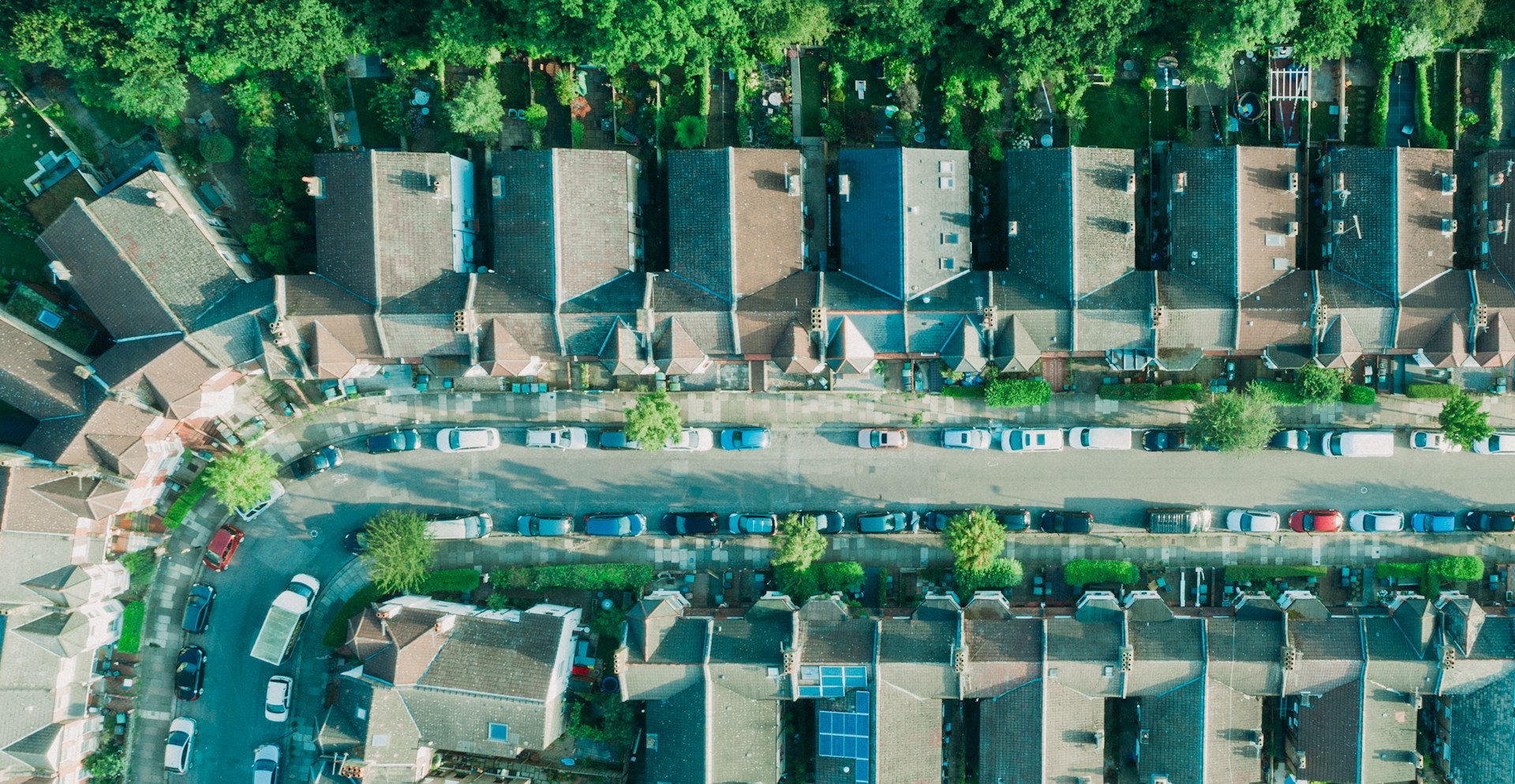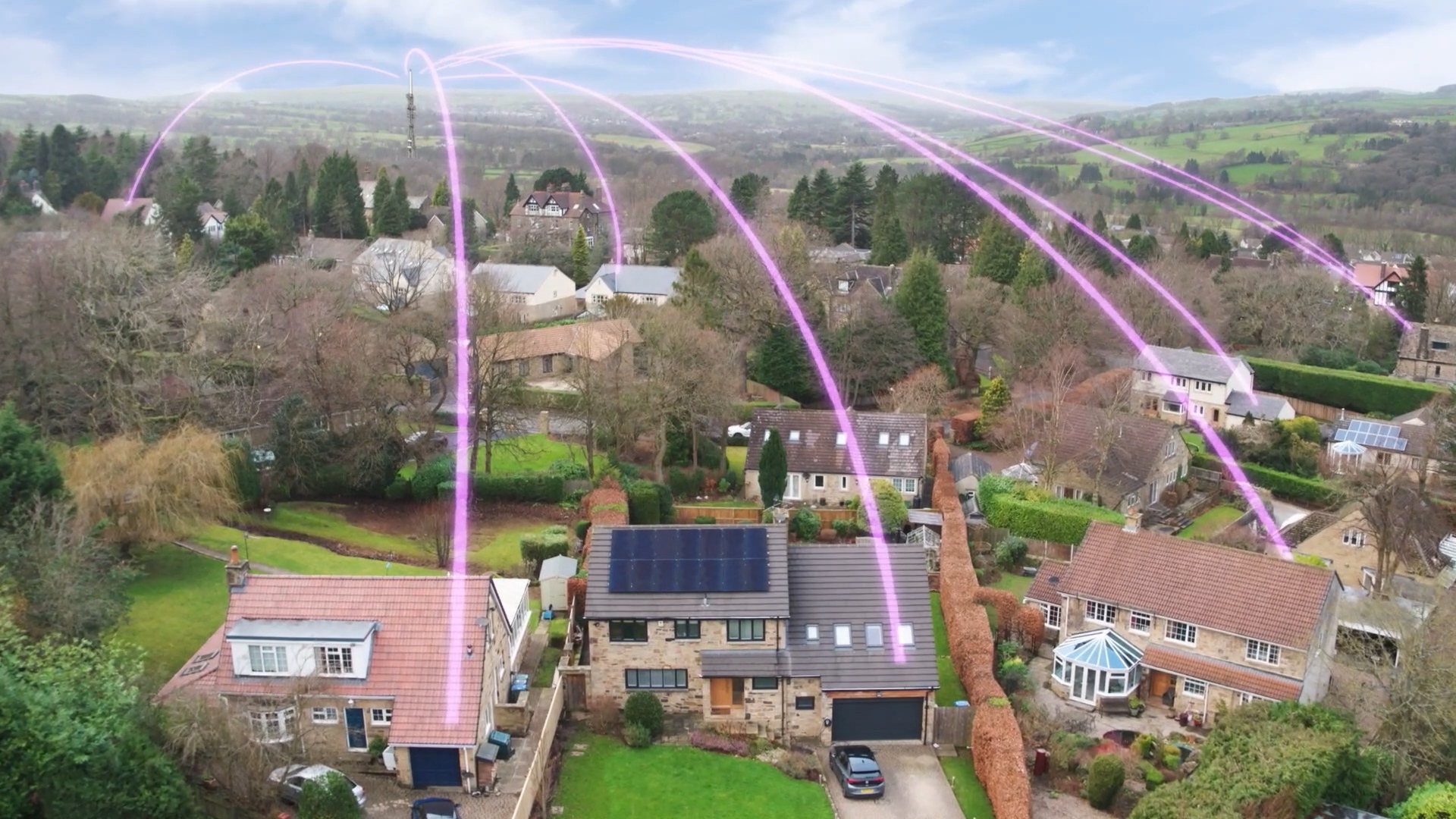What is decarbonisation?
Decarbonisation refers to the reduction of carbon dioxide and other greenhouse gas emissions into the atmosphere. It is a critical component in the fight against climate change. By transitioning from fossil fuels to cleaner energy sources, decarbonisation aims to lower the carbon footprint of various industries and individuals.
Understanding decarbonisation involves grasping the importance of shifting towards sustainable practices, which include addressing the scope of carbon emission. This transition encompasses changes in energy production, transportation, and industrial processes. Reducing reliance on coal, oil, and natural gas is a significant step in this direction.
The process requires concerted efforts from governments, businesses, and individuals. As more entities commit to net zero targets and decarbonization goals, decarbonisation becomes central to long-term sustainability. By implementing innovative solutions, like using smart meters, societies can reduce emissions effectively and transition to greener alternatives.
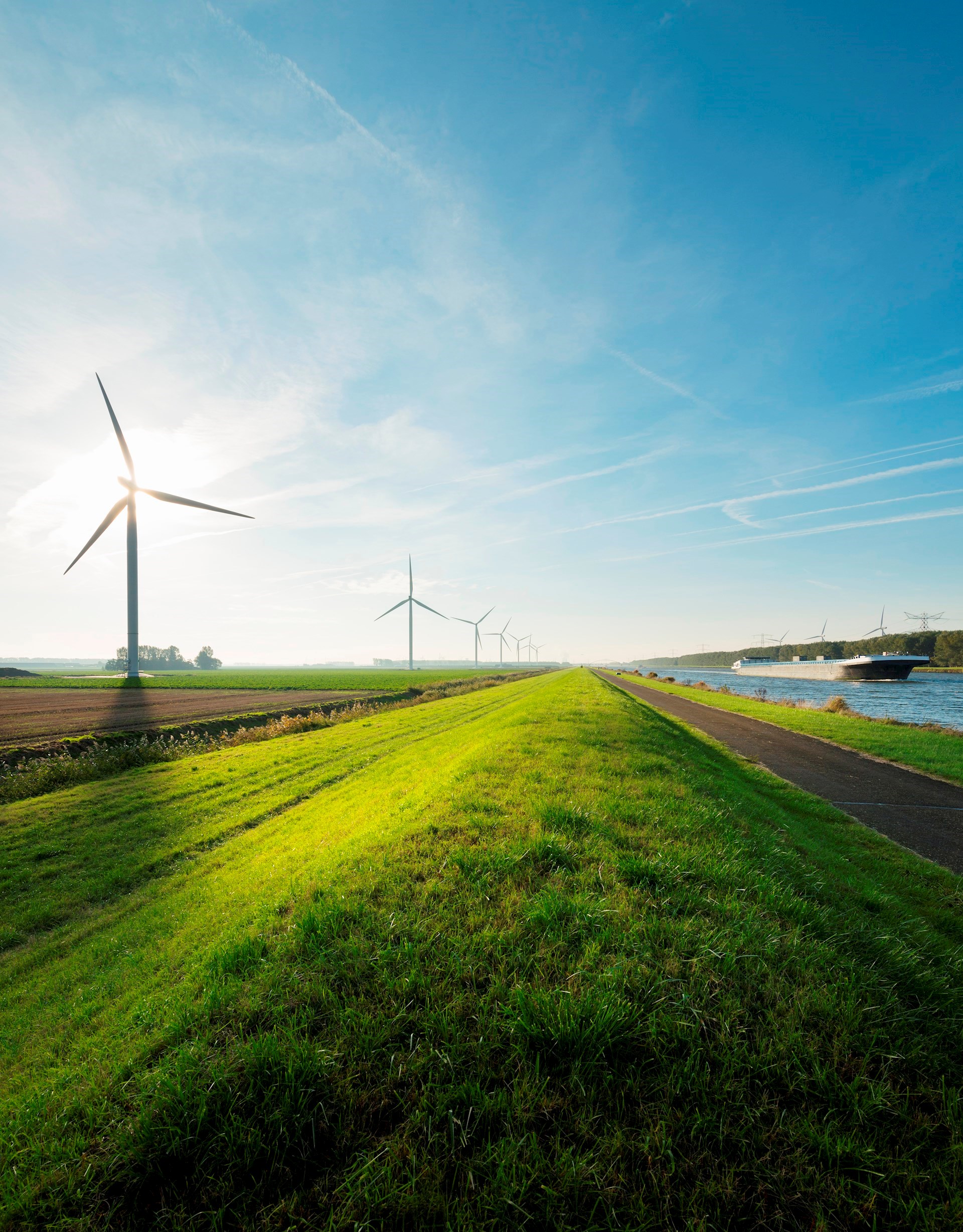
The role of technology in decarbonisation
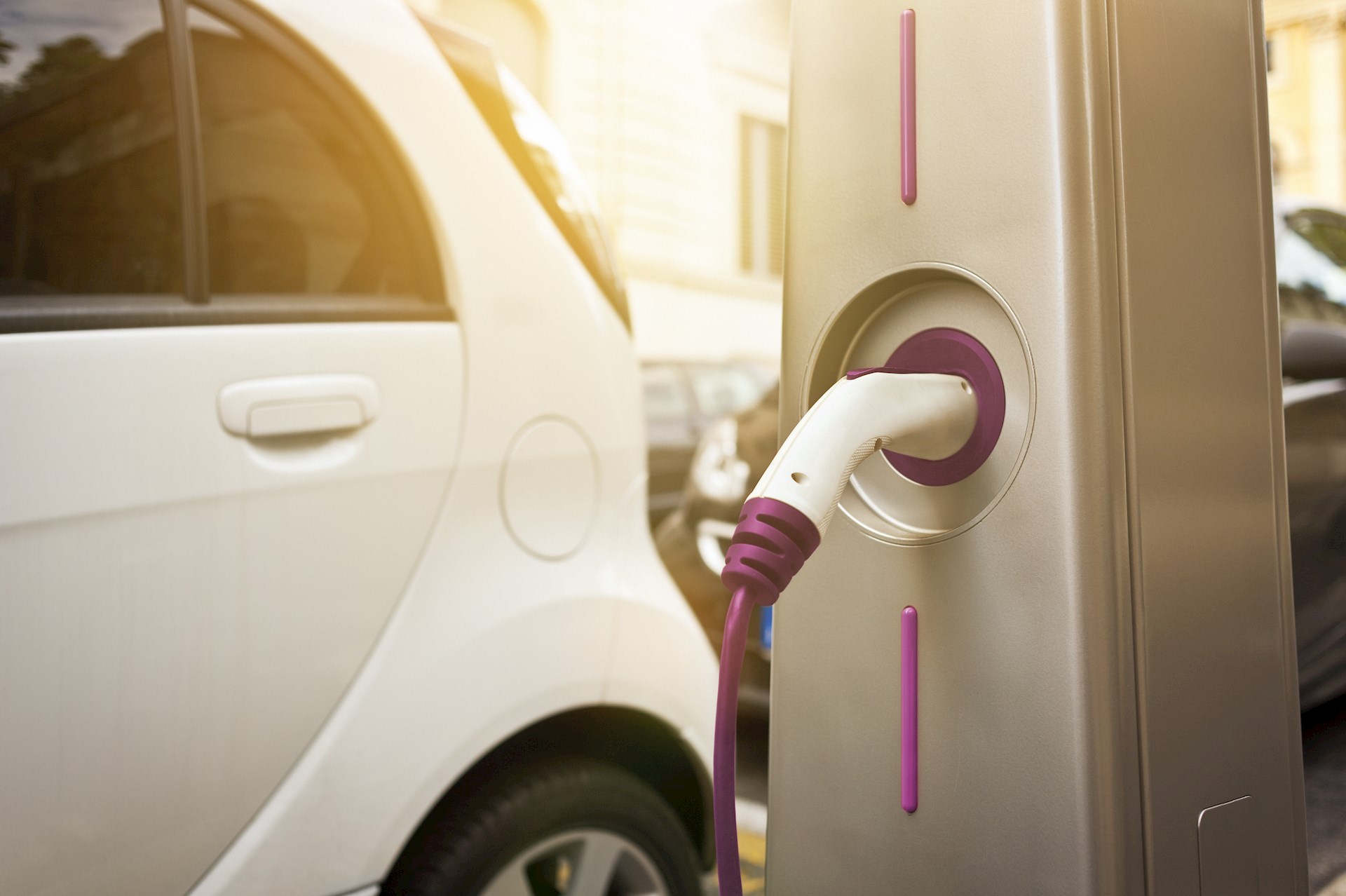
Technology plays a pivotal role in decarbonisation by offering innovative solutions and efficiency improvements. This section delves into the technological advancements facilitating this transformation.
Technological innovations are driving change by enabling more sustainable practices. Innovations in energy storage, carbon capture, and smart technologies significantly impact decarbonisation efforts.
Energy storage solutions, such as advanced batteries, allow for efficient use of renewable energy. These technologies, considered across their life cycle, help balance energy supply and demand, making renewables more reliable.
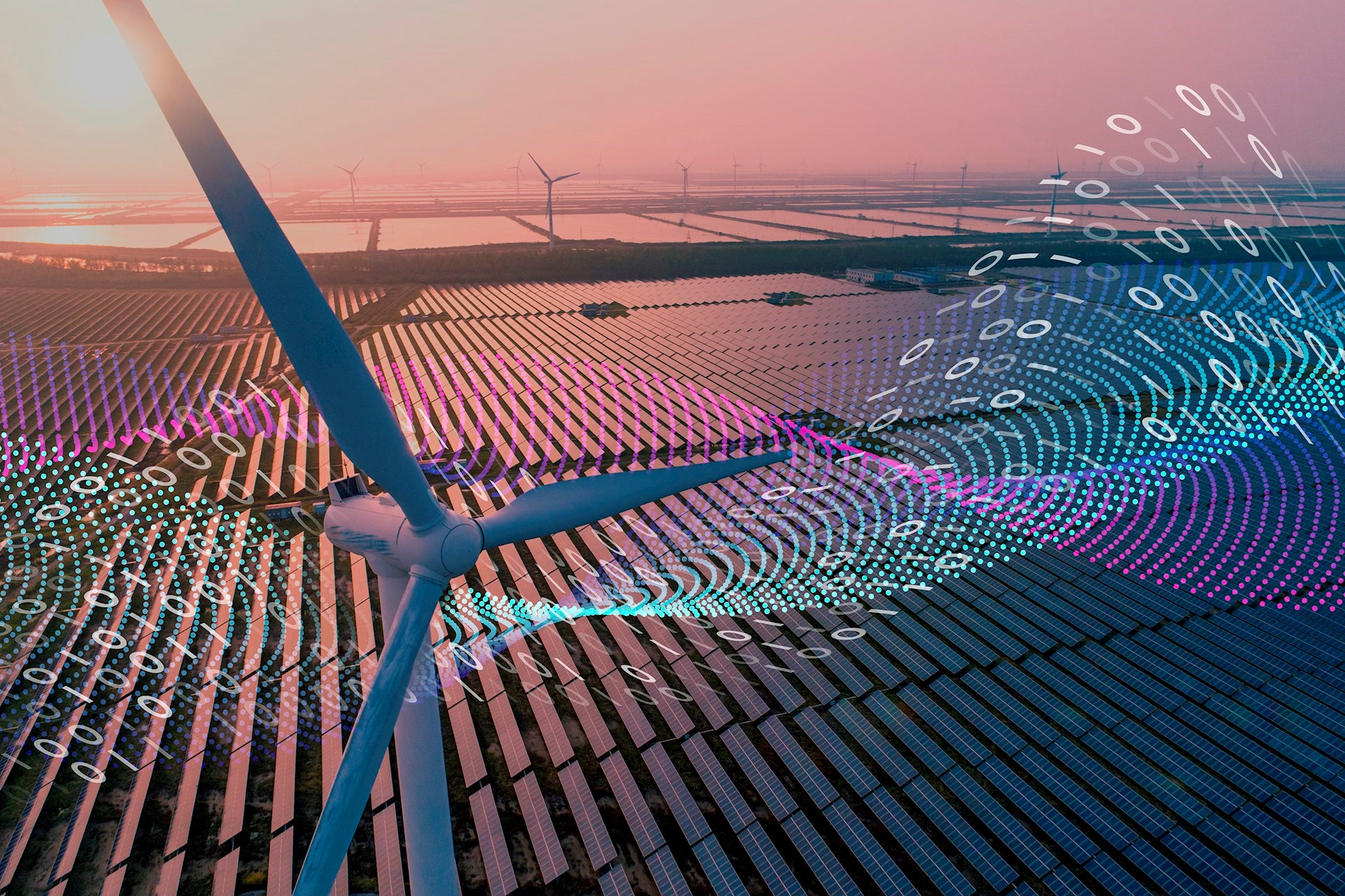
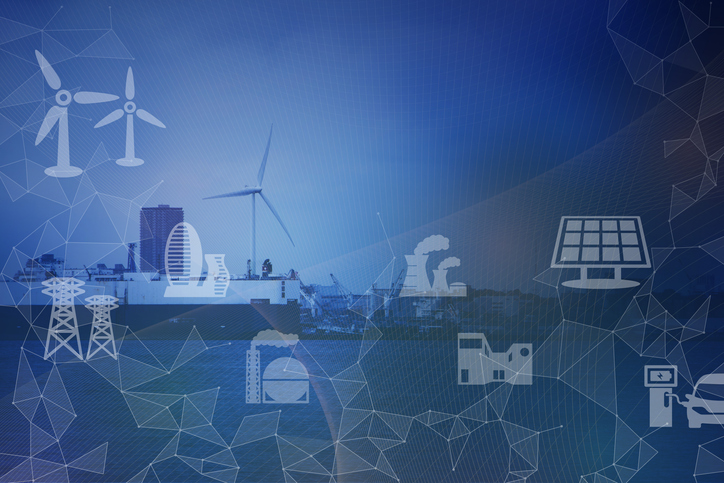
In the field of carbon capture, new methods are being developed to efficiently trap and store emissions from industrial processes. Such advancements are crucial for industries that are hard to decarbonise, like cement and steel production.
Smart technologies, including Internet of Things (IoT) devices, improve energy efficiency in homes and businesses. By optimising energy use, these innovations contribute to overall emission reductions.
Smart grids and energy efficiency
Smart grids and energy efficiency improvements are crucial in reducing energy consumption and supply chain emissions. These systems use digital technology to optimise the delivery and use of electricity.
Smart grids allow for better management of electricity supply and demand. By integrating renewable energy sources and using advanced metering infrastructure, they ensure efficient energy distribution.
Energy efficiency measures, such as upgrading appliances and retrofitting buildings, significantly reduce energy consumption. These initiatives lower costs for consumers and decrease overall emissions.
In the UK, for instance, smart meters provide real-time data to households, encouraging energy-saving behaviours. This initiative exemplifies how smart technology can lead to substantial environmental benefits.
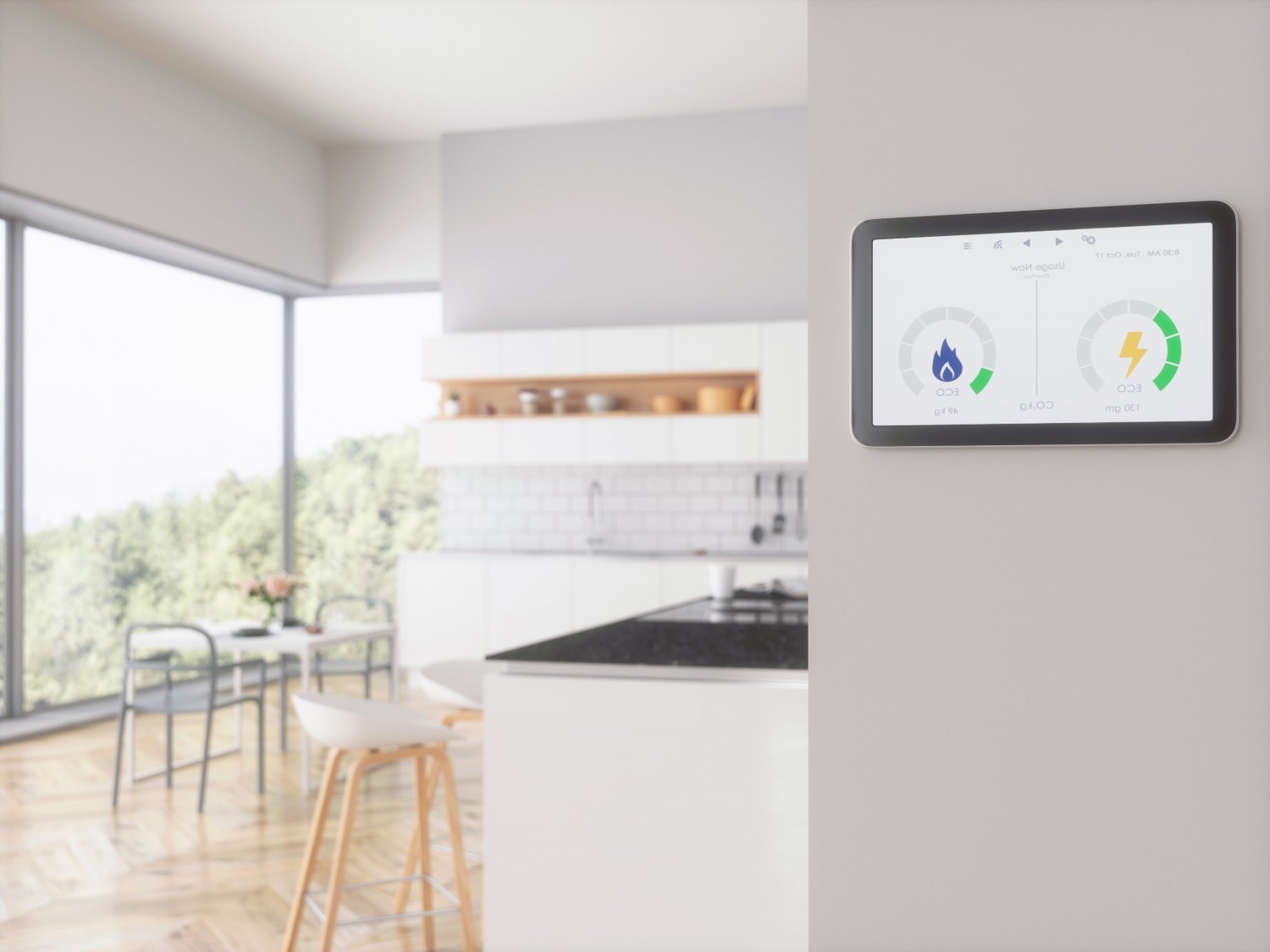
Smart meters and decarbonisation
How do smart meters help the environment?
Smart meters allow people to make significant carbon savings by understanding how much energy they are using, and when. Changing your energy behaviours can make a real difference.
Each year, smart meter users are collectively reducing carbon emissions by over a million tonnes - equivalent to taking 1 million cars off the road.
Does a smart meter save me money?
Smart meters can save you money by enabling reliable and accurate billing, but the big saver comes through being able to measure your energy use and make changes to how you use it.
Smart meters, alongside an in-home display, help you understand how you're using energy, and can even open up options for flexible, money-saving tariffs from your energy supplier.
How accurate are smart meters?
Smart meters are just as accurate as traditional meters when it comes to measuring each unit of energy used. You may have heard that smart meters can lead to less accurate bills, but this is a myth.
The key benefit of smart meters though, is in enabling better understanding of energy use through near real-time data, which is shown using an in-home display or even some apps on your phone.
How do I get a smart meter?
Getting a smart meter is usually very quick and efficient. You first need to contact your energy supplier to request one, which they are obligated to install if you ask for one.
After that, there are a few simple steps to follow, like locating your existing meter and ensuring its accessible. It's a very straightforward process and one that we should all undertake so we can reap the benefits of smart metering - for our planet, and our wallets.

